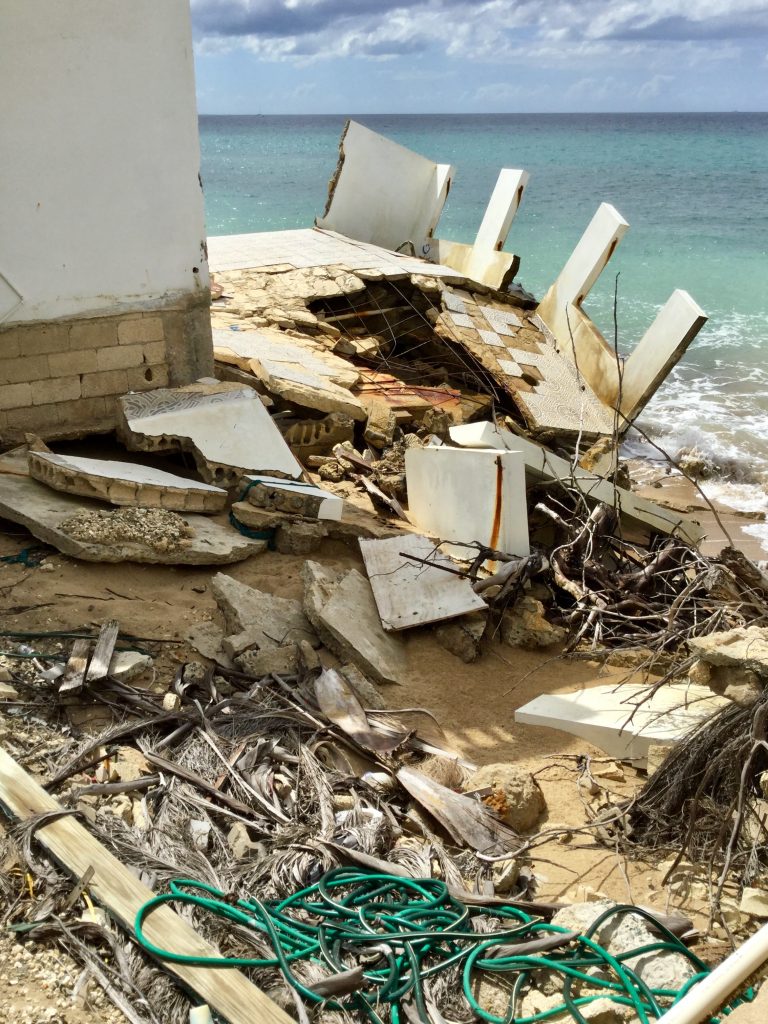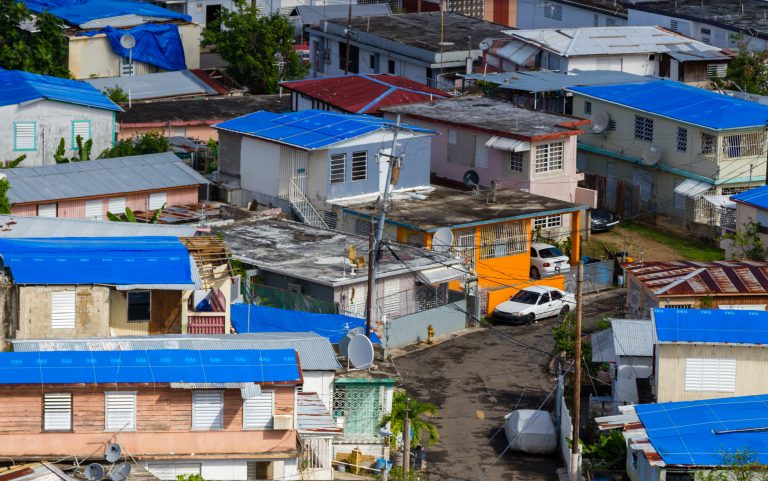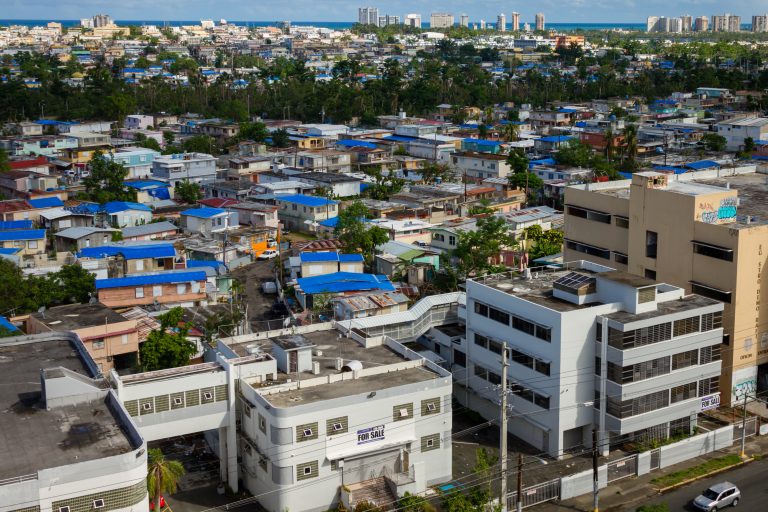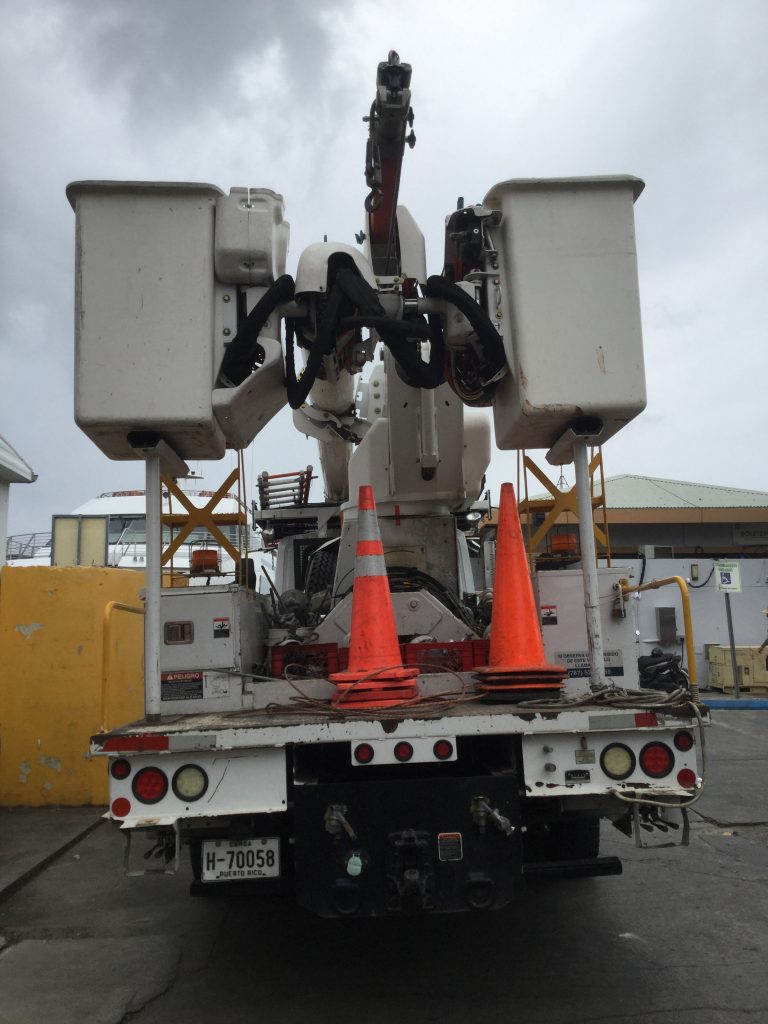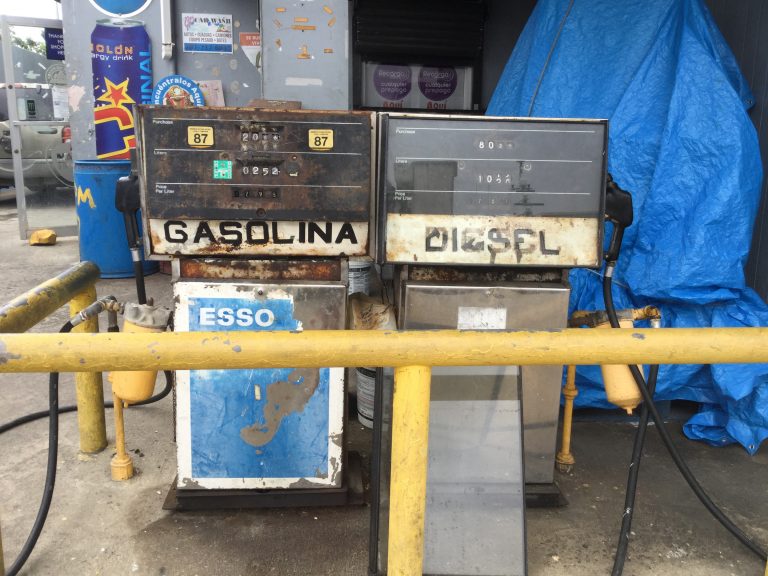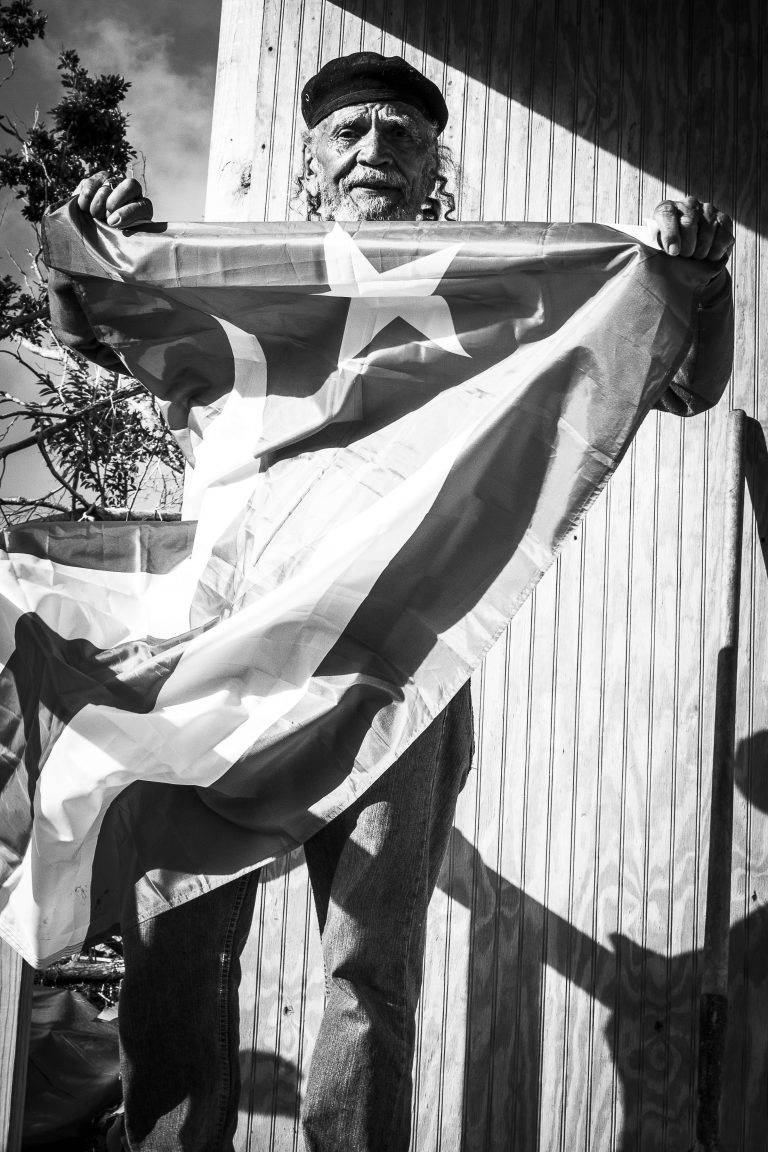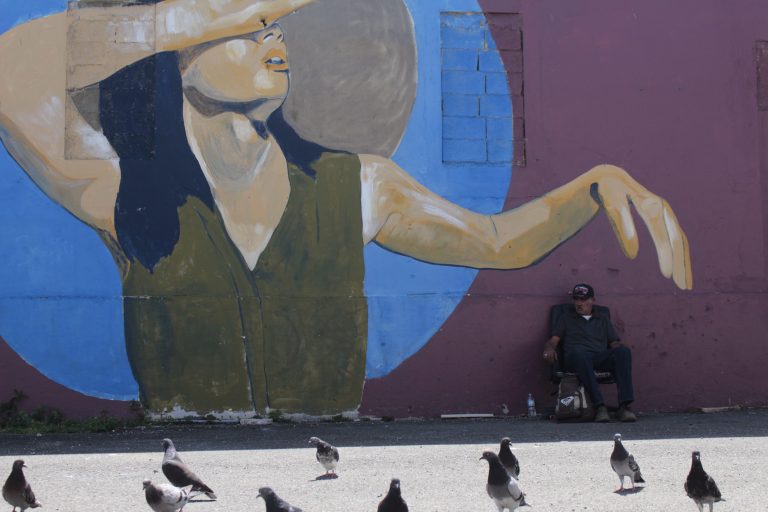The Problem
After category 5 Hurricane María devastated Puerto Rico in 2017, the government failed to provide adequate relief to the approximately 3.4 million U.S. citizens who live here, sparking a massive humanitarian crisis. People struggled with unsafe drinking water; lack of food, fuel, energy, and communications; compromised housing and homelessness; a dearth of medical and mental health care; and the erosion of public services.
The Roots
Our post-hurricane precarity emerges from the colonial relationship between the Commonwealth of Puerto Rico and the United States, and the ongoing economic depression that has crippled the island and undermined the security of the population.
The Solutions
We suggest that spaces at risk for climate-driven disaster pursue the model of the citizen scientist and citizen responder—the everyday, average person who is prepared and equipped to care for themselves and their community in a time of crisis—working in collaboration with functioning government initiatives.
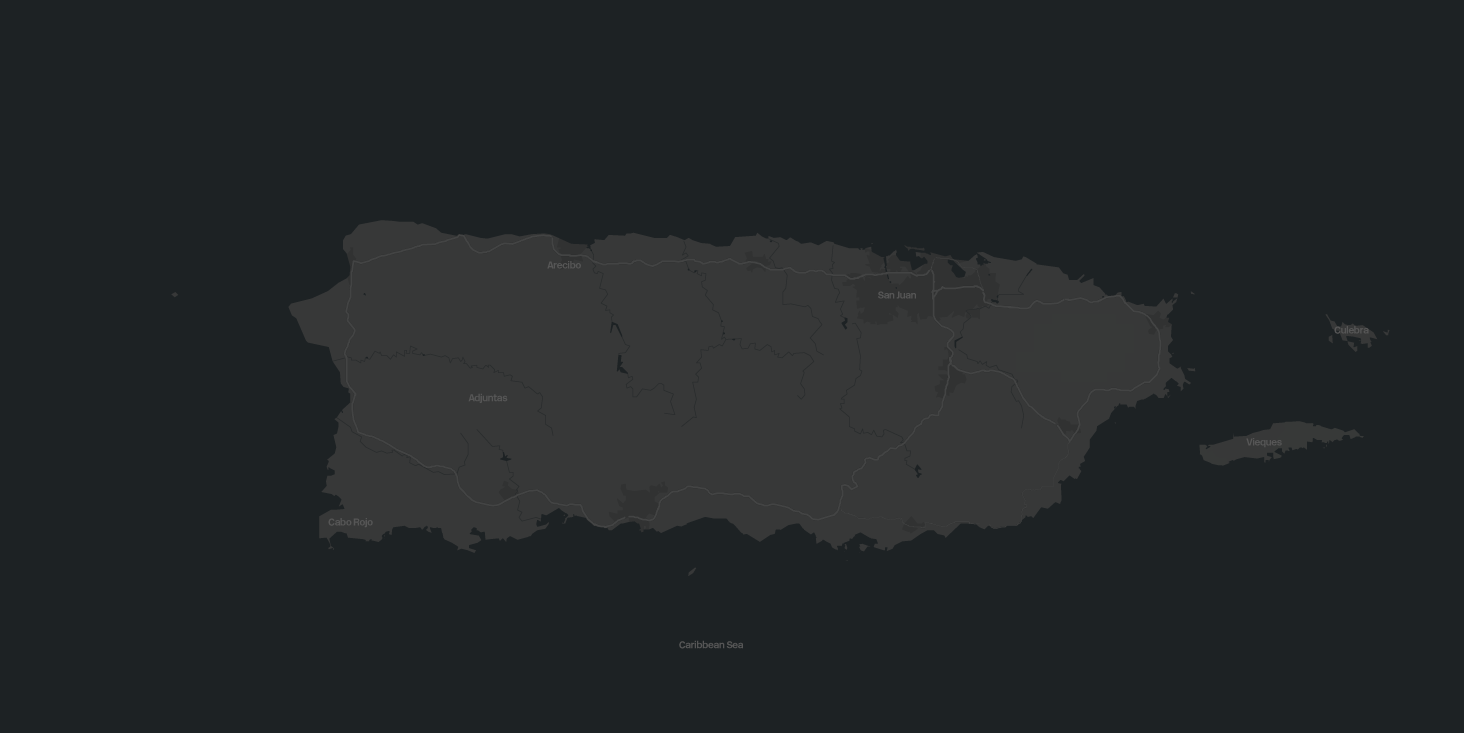
Our Point of View
University of Puerto Rico, MayagüezEach of the students, faculty, and community partners involved in the “Mi María” project survived category 5 Hurricane María, which brought new disasters born of insufficient government relief efforts. This mass listening project—designed to empower students and community by counteracting the silencing of Puerto Ricans—demonstrates the value of stories in seeking climate justice while connecting classrooms to communities. Working with community partners allowed us to collect and compare grassroots responses to disaster to record innovative and replicable responses.
Fundación Surfrider RincónFundación Surfrider Rincón is the Puerto Rican chapter of a global nonprofit that protects beaches, oceans, and waves. Their Blue Water Task Force educates, advocates for, and monitors ocean health. In the aftermath of Hurricane María, their attention turned to freshwater sources that potentially sickened those who drank from them. Under post-disaster conditions, the quality of already vulnerable coastal areas and freshwater sources is unreliable. The UPRM student collaboration with Surfrider helps us understand how to develop and mobilize citizen scientists in the wake of disaster.
Projects
Contributors
University Partners
University of Puerto Rico, Mayagüez
Faculty Project Director
Ricia A. Chansky
Students
Yarelis Marcial Acevedo
Aixamar Ramos Acevedo
Jonathan S. Acevedo
Nicole Alayon
Rodniel Alviles-Morales
Pierucci Aponte Andujar
Isaac Rodriguez Aponte
Jaffet Oneil Tubens Bassat
Valerie Quinones Cordero
Jeremy A. Villafañe Diaz
Kidanny J. Medina Droz
Grace Lucca Feliciano
Ana Patron Fidalgo
Julisa Figueroa
Francheska Morales Garcia
Paola M. Rodriguez Garcia
Juan M. Perez Gonzalez
Jerry Hernandez-Merced
Kevin Lopez-Matias
Angelic Lucca
Naylah Ramos Martinez
Dabnerys Y. Sanchez Milián
Daysel M. Arroyo Morales
Pura Arroyo Morales
Daniela Mulero
Sharon Nieves
Tania Ocano
Joel Ortiz
Allyson Vargas Ortiz
Adriana Montes Pacheco
Sebastián Serrano Pagán
Andres Perez
Alex Ramos
Ricardo Ramos
Janely Rentas-Maldonado
Joe Centeno Reyes
Andrea Rodriguez
Edwin J. Santos Rodríguez
Bryan Ramos Romero
Jorge Sanchez
Maria Cecilia Inigo Sanchez
Fabiola del Valle Sánchez
Brenda Flores Santiago
Kiara Rivera-Santiago
Jose Segarra
Joseph F. Cortijo Tanco
Miguel Valazquez
Andrea Valdes Valderrama
Joelys Tardy Vargas
Mitchell Perez Velez
Kiara Velez Velez
Astrid Zapata-De Jesus
Community Partners
Fundación Surfrider Rincón
Steve Tamar
Fundación de Culebra
Luz Rivera Cantwell
Sandra Farms
Israel Gonzalez
Sandra Gonzalez




